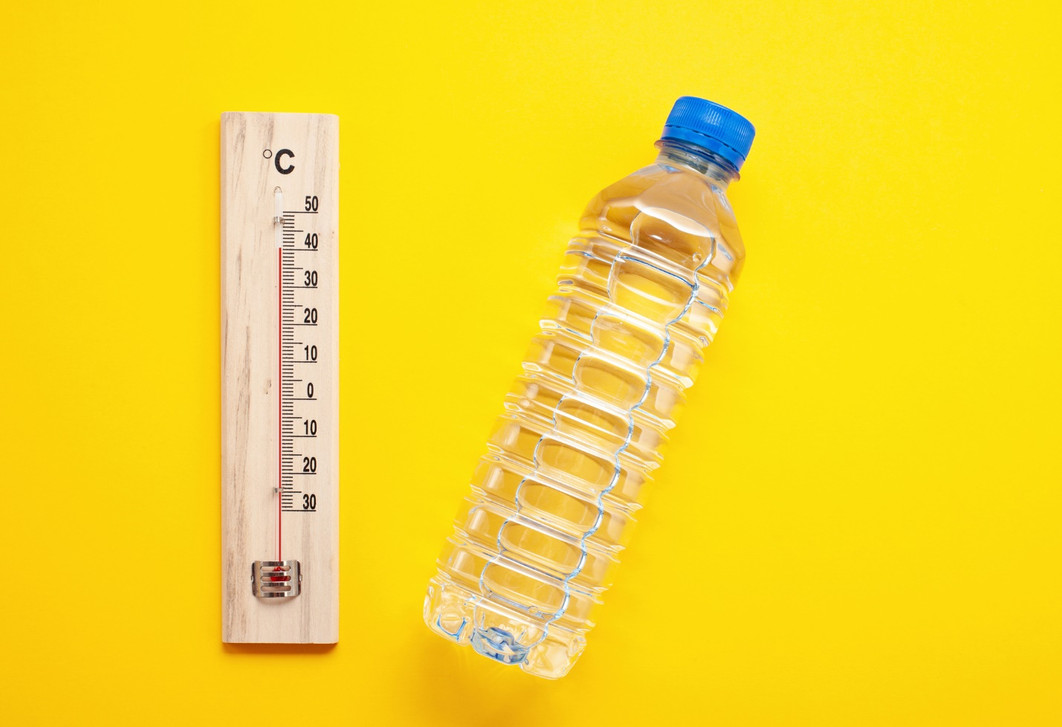Summer is here—and right along with it is high heat and humidity, neither of which are good for the heart. The oppressive steamy heat can be dangerous for anyone, but even more so for individuals who have heart disease.
In light of Summer Heart Health Month coming up this July, we’ll look at ways to avoid the dangers of summer time heat and improve heart health.
Slow and Cool
Whatever you enjoy doing outdoors, continue doing it, just take it slow. Slow down your walking pace; slow down on the garden chores and yard work; slow down while running errands and slow down while bike riding.
Slow down to the point of sneaking in a nap in the heat of the afternoon. Even if you don’t nap during the hottest part of the day, relax in a cool environment during the hot afternoon hours.
All outdoor chores should be done in the coolest part of the day. Do as much as possible in the early morning and late evening hours when temperature and humidity are at their lowest.
Over-Worked Heart
The higher the temperature reading is on the thermometer, the harder the heart has to work to initiate a sweating response so the body can cool itself down.
For people who have a diseased or weakened heart, this over-working can cause some serious problems. People who have a healthy heart but are taking certain types of medications are at risk for cardiovascular distress if they over-exert themselves while exposed to outdoor summer heat.
Hot weather and heart disease are not compatible. During times of summer heat waves the death toll rises for individuals who have a history of heart disease. Arteries that are narrowed from cholesterol and plaque build-up cause the heart to be over-worked while it attempts to pump enough blood to cool the body.
Heat Exhaustion
This condition occurs when an individual is exposed to high temperatures and the body is unable to cool itself. Symptoms include fatigue, headache, dizziness, vomiting, and confusion. If the individual is not taken to a cool place and hydrated soon after the symptoms appear, it can become a health emergency called heat stroke.
Heat stroke occurs when an individual’s core temperature reaches above 104 degrees. Organs begin to shut down and damage is done the central nervous system.
Developing heat exhaustion is easier for an older person or someone with heart disease than it is for a young, healthy person. Regulating core temperature and staying hydrated become more difficult as we age, especially if we have a heart condition.
Stay Hydrated
Increase water intake during the hot summer months. Drink water even if you don’t feel thirsty, which many elderly people have a diminished sense of thirst and are always slightly dehydrated.
Avoid caffeinated beverages, like soda and tea, which can cause the body to expel too much liquid and lead to dehydration.
Dehydration leads to heat exhaustion and heat stroke. Lack of fluid in the body causes the blood volume to drop and the heart can’t pump blood properly. Mild dehydration can be almost instantly cured by drinking a tall glass of water. Serious dehydration will require a trip to the hospital for a bag of intravenous fluids.
Replenish Electrolytes
Outdoor activities make the body produce sweat so it can cool itself down. A lot of body fluids, and electrolytes, are lost in just a 30-minute time frame.
It’s vitally important to drink water to replace the lost fluids while outdoors. The sodium, potassium, and magnesium that are lost must also be replaced to help maintain heart health.
Electrolytes help to maintain several body functions, including regulating heartbeat, so replace the electrolytes after being outdoors in the summer. Re-fuel your body after being in the heat with a vitamin-enriched sports drink and a small banana.

